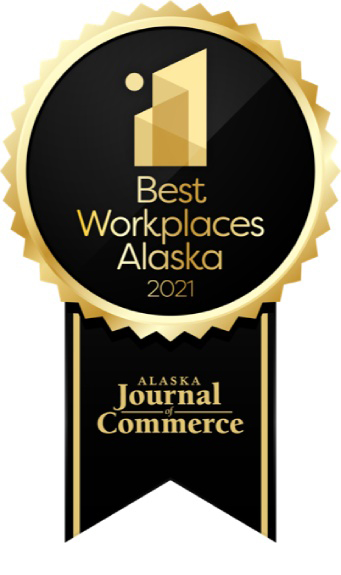Preparing For The Snow
January 22, 2016
That preparation should include a review of the business’ insurance portfolio, specifically the ingress & egress coverage, and civil authority coverage of the business’s property policy.
Most standard property policies usually only cover loss “caused by direct physical loss of or damage to property.” Therefore, if a company has a roof collapse due to heavy snow load, it is likely the building and the resulting interruption of business would be covered by the policy. However, if the building or property is not damaged, and the business cannot operate due to the inability of access to the plant, building, or facility due to the weather, is that a covered loss under the property policy? The answer is, “It depends.”
Various property policies may provide coverage extensions for an organization suffering a business income or extra expense loss that does not result from direct physical damage to covered property. Sometimes referred to as “Denial of Access Coverage,” a policy can have extensions of coverage including “Ingress & Egress”, “Civil Authority,” and “Contingent Business Interruption.”
Ingress & Egress
“Ingress & Egress” coverage applies when the named insured sustains suspension or delay in its operations. The suspension or delay must be the result of a peril insured under the policy that causes inaccessibility to a covered location. If the insured’s policy is an all risk policy (meaning every peril is covered unless otherwise excluded), and access to the property is restricted due to a non-excluded peril, the business income loss could be covered by the Ingress & Egress extension. For example, trees or utility lines that are brought down by a covered peril such as snow, ice, wind, etc. and prevent access to a “covered location” might potentially be covered by the Ingress & Egress coverage. Another example would be if the policy has flood coverage, and a stream overflows due to snow-melt and takes out the roadway to the business, then ingress & egress coverage may apply to the business income loss.
Civil Authority
Policies that include “civil authority” coverage usually cover the loss of business income suffered by an insured due to suspension of the insured’s operations, caused by a civil authority prohibiting access to a covered location because of a peril covered by the policy. If the cause of the civil authority is not as a result of a covered peril, then this coverage does not apply.
The governor of West Virginia has already declared a state of emergency for the on-coming storm. However, in that declaration it did not restrict travel or mandate closure of businesses or schools, according to the Governor’s Office. As a result of not restricting travel, this declaration may not trigger the civil authority coverage. But, if the declaration is expanded to restrict travel to only emergency vehicles due to downed utility lines, the civil authority coverage may apply for a business suspension to an insured. Additionally, like Ingress & Egress, most policies require the civil authority restricting access be within a certain mileage of the insured’s property location. Thus, each property policy should be reviewed thoroughly for its potential coverage.
Contingent Business Interruption
Coverage can be obtained for businesses dependent on suppliers or customers that have to shut down as a result of a covered peril, even though the actual insured’s business is not physically damaged. Again, similar to the above mentioned coverage extensions, the customer or supplier’s business shut down must be caused by a peril insured under the insured’s own property policy. Thus, simply heavy snow load restricting access to the contingent business would likely not be covered, but if the contingent business’ roof collapsed due to heavy snow load, then contingent business interruption coverage may be triggered.
Summary
In summary, when preparing for a winter event such as the one predicted for the eastern part of the U.S., businesses should include a discussion with their insurance broker. Please try to stay warm.
The views and opinions expressed within are those of the author(s) and do not necessarily reflect the official policy or position of Parker, Smith & Feek. While every effort has been taken in compiling this information to ensure that its contents are totally accurate, neither the publisher nor the author can accept liability for any inaccuracies or changed circumstances of any information herein or for the consequences of any reliance placed upon it.



